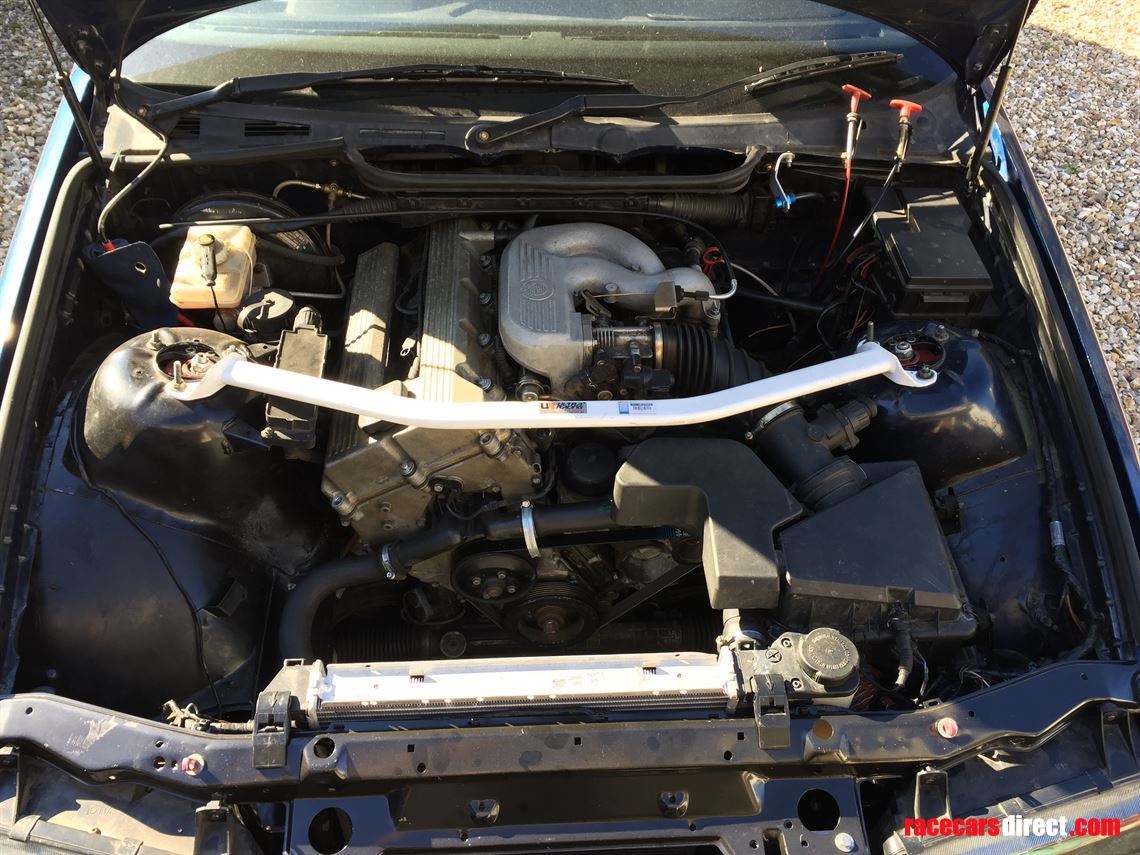The BMW 318ti: A Blend of Style, Convenience, and Performance
Crucial Considerations for Selecting the most effective Engine for Your Demands
In the world of choosing the ideal engine to satisfy your requirements, a number of vital aspects need careful factor to consider to make sure optimal performance and performance. From the nuanced equilibrium in between power and efficiency to the often-overlooked aspects of upkeep and solution demands, each aspect plays an essential function in determining the most appropriate engine for your certain demands.
Power and Performance
When assessing engines for optimal performance, it is important to prioritize both power result and performance. Power outcome determines the capability of an engine to generate power, which straight influences its efficiency. A high power output is essential for requiring jobs such as high-speed requirements or heavy-duty applications. It guarantees that the engine can deal with the work successfully and effectively. Power alone is not enough; effectiveness plays a considerable duty in establishing the total performance of an engine. Performance refers to exactly how well the engine transforms gas right into useful energy. A much more effective engine will deliver much better mileage, reduced discharges, and lowered operating costs. Striking the right balance in between power output and efficiency is essential to selecting an engine that satisfies your particular needs. When making this choice, it is necessary to take into consideration aspects such as the meant usage of the engine, environmental influence, and long-lasting expense implications. By carefully evaluating both power and effectiveness, you can select an engine that supplies ideal performance and meets your requirements efficiently.
Gas Efficiency and Economy
In the realm of engine choice, the factor to consider of fuel effectiveness and economic situation holds paramount importance. Fuel effectiveness refers to the engine's capability to convert gas into energy with marginal waste, directly affecting operating expenses and ecological sustainability. bmw 318ti. When picking an engine, assessing its gas economy is vital to identify long-lasting savings and ecological effect. Engines with higher gas performance not just lower gas costs however likewise reduce carbon exhausts, adding to a greener operation.

Compatibility and Application
Considering the fuel performance and economy of an engine, the next critical aspect to address is its compatibility and application within details functional contexts. Compatibility refers to just how well the engine integrates with the general system or devices it powers.
Moreover, the application of the engine is similarly important. Various engines are designed for particular objectives, whether it be commercial machinery, marine vessels, vehicles, or power generators. Understanding the intended application enables the selection of an engine that can provide the required power result, torque, and operational characteristics. A high-revving engine developed for efficiency cars would certainly not be appropriate for sturdy building equipment that requires high torque at low rates.
Upkeep and Solution Requirements
Maintenance dig this and service demands play a vital duty in making certain the long life and optimal performance of an engine. Regular upkeep is important to avoid breakdowns, prolong the lifespan of the engine, and keep its performance. When picking an engine, it is necessary to take into consideration the manufacturer's suggested maintenance schedule and the accessibility of service centers or certified professionals.
Elements such as the regularity of oil modifications, filter replacements, and general evaluations can substantially influence the engine's efficiency. Some engines might call for more frequent maintenance based on their design and use, while others might have longer intervals in between maintenance checks. It is essential to follow these service requirements to avoid pricey repair services and unexpected downtime.

Expense and Spending Plan Considerations
When choosing an engine for a particular application,Spending plan restrictions often Bonuses play a substantial function in the decision-making procedure. When thinking about the expense and budget plan ramifications of choosing an engine, it is necessary to analyze not just the first acquisition cost but likewise the lasting costs related to maintenance, fuel usage, and prospective upgrades or repairs. It is vital to strike a balance between the in advance price of the engine and its general lifecycle expenses to make certain that the selected engine stays financially lasting throughout its operational lifespan.
Elements such as fuel sturdiness, efficiency, and integrity can directly influence the overall expense of ownership of an engine. While a more pricey engine may have higher ahead of time prices, it could possibly result in reduced maintenance and gas expenses in time, thus providing better value in the long run. Furthermore, taking into consideration the availability and price of extra parts, along check these guys out with the convenience of upkeep and solution, can aid stop unanticipated monetary strain in the future. By meticulously assessing these price and spending plan considerations, you can make an informed decision that lines up with your economic restraints and functional requirements.
Verdict

Gas performance refers to the engine's capability to transform fuel into power with very little waste, directly influencing operating prices and ecological sustainability.Factors influencing gas performance consist of engine layout, combustion efficiency, and general performance optimization. In addition, choosing the suitable gas type and quality as advised by the engine manufacturer can additionally boost effectiveness and lengthen engine lifespan.
Engines with great utility attributes and easily offered components can decrease upkeep expenses and reduce the time the engine is out of procedure - bmw 318ti. It is vital to strike an equilibrium in between the upfront expense of the engine and its overall lifecycle expenses to guarantee that the picked engine continues to be monetarily lasting throughout its functional lifespan